Why Islamic Republic is the favorite target of West-leaning liberal elite
By: Xavier Villar
We cannot understand the Western fixation with the Islamic Republic without analyzing how the West sees the country.
For the West, and also for the West-leaning liberal elite living in Iran, the political articulation of the Islamic Republic is a sort of an aberration.
A political body built on Islam as a grammar is seen as an alien body within the liberal consensus and the so-called international community.
As per this vision, the Western vision, the foundation of the Islamic Republic in 1979 was a "scandal" that brought to life a different worldview with a different language and a different political horizon.
For these so-called liberals living in Iran, the Islamic Republic, since its foundation, has been an "illegitimate regime" that deviates from the liberal consensus, because the Islamic Republic represents an alternative to that same West-leaning consensus.
Let's focus on this "liberal" class. It can be argued that they want to turn the Islamic Republic into a "normal" state. And they think they will achieve that goal through a "sincere dialogue" with the West.
The problem with "sincerity" is that it doesn't take into consideration the grossly uneven distribution of power and the racial question.
A dialogue like this has one clear goal: to prevent the possibility of alternative configurations of power. So, for liberals, that dialogue can only take place by following the hegemonic language of the West.
If a group of people decides to have a dialogue outside this normative framework, the "liberal" elite will label them as "irrationals".
Only humans are capable of rational thinking, and rationality is one of the defining features of liberalism, therefore, only liberals can be humans. Outside of the normative consensus is where we can find those deemed irrational, and by extension, "non-humans".
These "non-humans" are portrayed as either a threat or unruly people, and this is clearly a process of exclusion and racialization. In this space of exclusion and othering is where we can find the Islamic Republic.
Liberals, inside and outside the country, are blind to the racial foundations of liberalism, They talk about the fruits of liberalism but never care to explain who enjoys those fruits and why.
In other words, they decide not to pay attention to the process of exclusion that lies at the root of the liberal theory. But this exclusion is there, crystal clear. They only need to pay attention to the liberal theory itself.
Let's focus on that now. Stuart Mill, one of the founding fathers of the theory, presents the fruits of liberalism in an unapologetically racial form. For him, democracy is a fruit only for those at home - the West - whereas, for others, those outside the West, the only option available is despotism.
He is clear that despotism is a legitimate mode of government in dealing with "barbarians".
Alexis de Tocqueville - not just one of the founding fathers of liberalism but someone quoted at length by Mohamed Khatami during an interview with CNN in 1998, follows the same racial exclusion.
The author of 'Democracy in America' talks about democracy in exclusivist terms. He defends a racial democracy in the West and at the same time supports tyranny abroad.
Tocqueville's Democracy in America is just one side of his liberal vision, the other side, the dark side of his imperial vision, is the one side that Khatami decided to ignore.
We can say that Khatami decided to ignore the main question at the root of liberalism: Who's a human being? By ignoring this vital question, he sided with the hegemonic language of liberalism.
The liberal forgetfulness is in fact part of its narrative.We can present another example in the category of "tolerance", another so-called bedrock of liberalism.
Tolerance is not one of those "universal" fruits that everybody can enjoy, but it's also racially constructed. Only those already inside the liberal mainstream can enjoy it.
The non-liberals have to endure the brutal violence waged against them in the name of tolerance, in the name of creating tolerance.
The Islamic Republic, of course, is seen as a non-tolerant polity. Tolerance vs non-tolerance, pathological and non-pathological, are all iterations of the racial difference upon which liberalism is built.
Hamid Dabashi, a staunch liberal and a supporter of the 2009 regime change attempt in Iran, also belongs to this group of people who look away from the racial exclusion of liberalism.
Dabashi is important because he has an aura of progressiveness that hides his liberal vision. But if we dig a little deeper into his works, we can find liberal language everywhere.
He never pays attention to racial division, or how power operates following this same racial exclusion theory. For him, the opposition between Islam and the West is a mistake, a mistake that should and can be solved with a global dialogue.
But again, this dialogue, a dialogue conducted in the language of liberalism, is designed to prevent the emergence of political alternatives to the current status quo.
Liberalism is not just one language among others. It's a language that aspires to be universal but this universality has racial limits. Respect and tolerance for the West, and brutality and terror for all the rest.
The so-called "War on Terror" is not a deviation from the liberal vision. The lack of political alternatives in liberalism is essentially what makes it possible.
Every attempt to tear down the liberal wall means violence, and slow death, for those who resist the homogenizing impulses of liberalism.
The Islamic Republic, because of its political configurations, became the perfect target. As a political Islamic body, the Islamic Republic is built as the 'other' of liberalism, and that deserves either utter political destruction or conversion.
Xavier Villar is a Ph.D. in Islamic Studies and researcher who divides his time between Spain and Iran.
(The views expressed in this article are author's own and do not necessarily reflect those of Press TV)
Columbia, Yale students bent on ending US support for Israeli genocide
VIDEO | Genocide in Gaza
Iran calls on BRICS to play role in stopping Israeli crimes
President Raeisi’s historic visit opens new chapter in Iran-Pakistan ties
Russia: Poland’s talks on hosting US nuclear weapons ‘dangerous’
VIDEO | Israel’s genocide bounty
India’s home minister vows to end Muslim reservation if his party wins
UN expert calls for arms, oil embargo against Israel


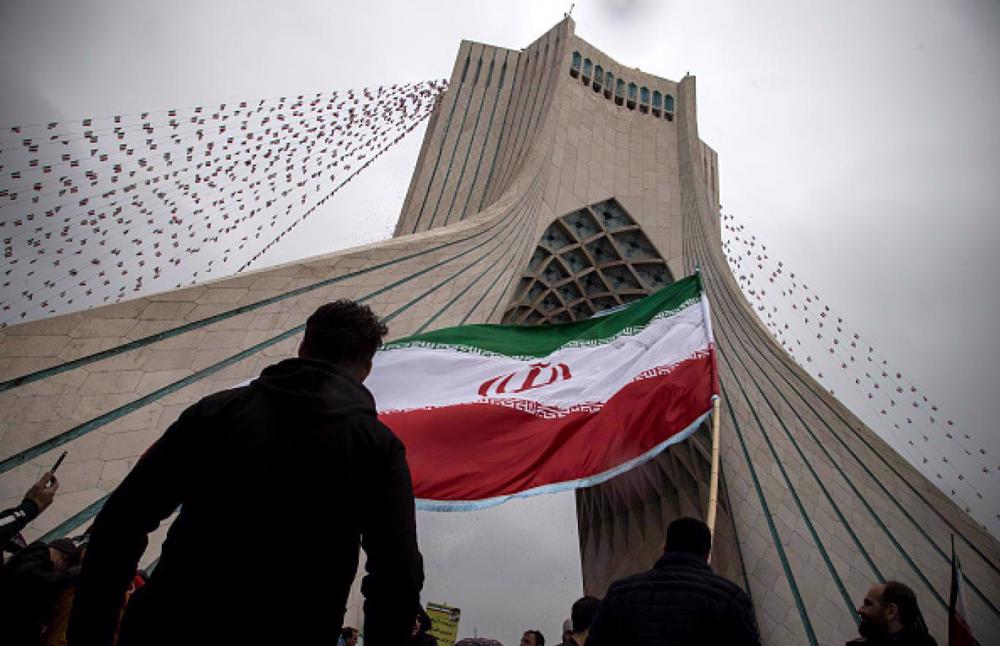
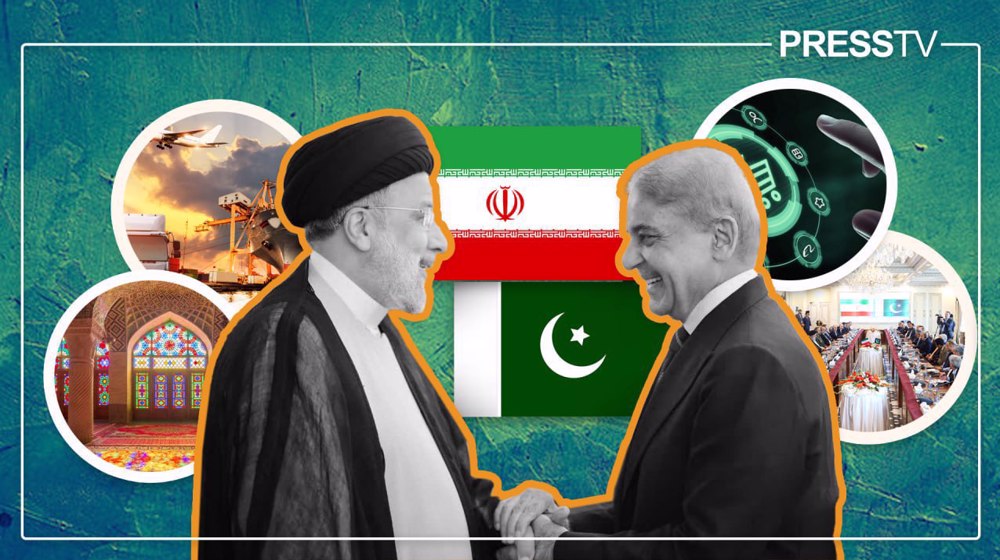
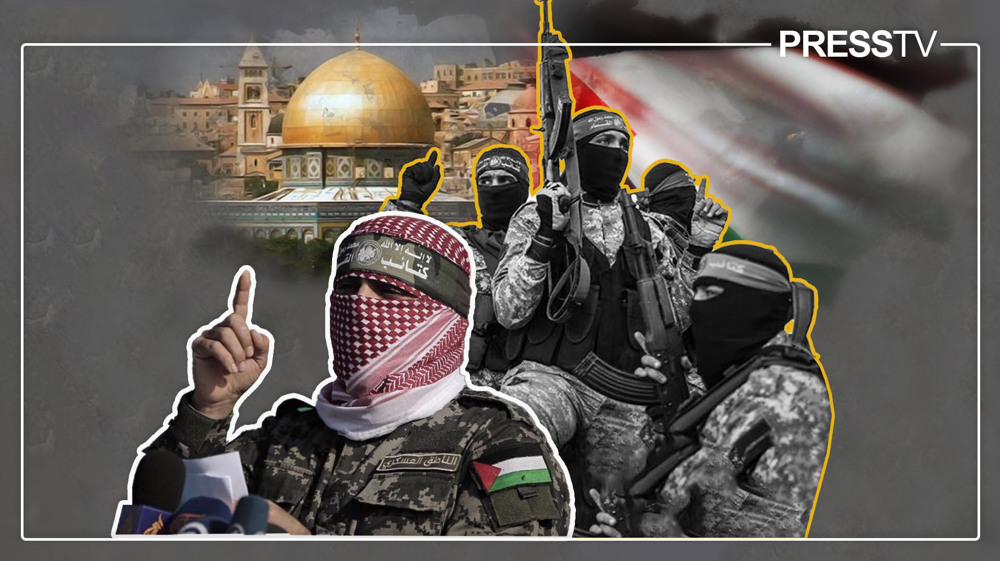
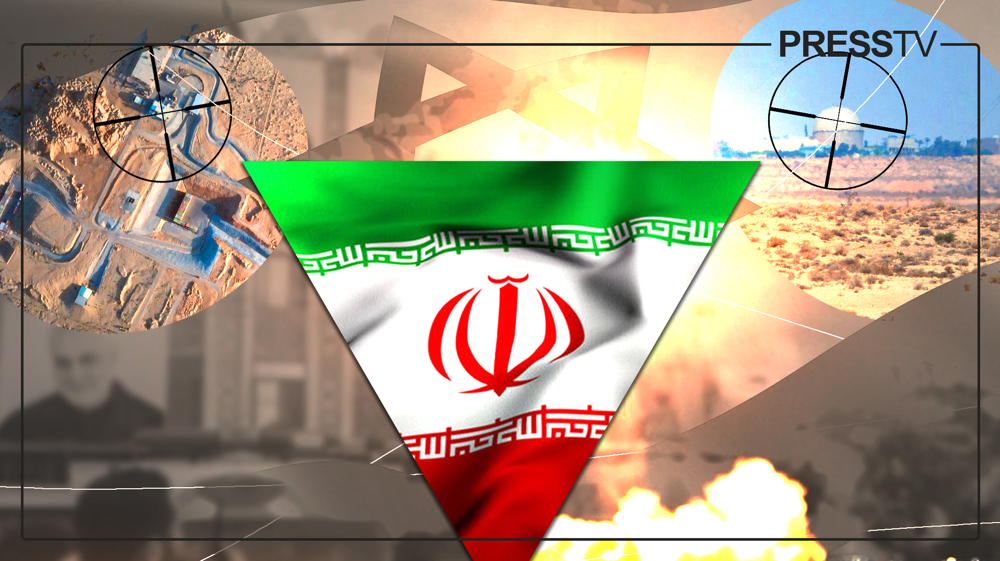



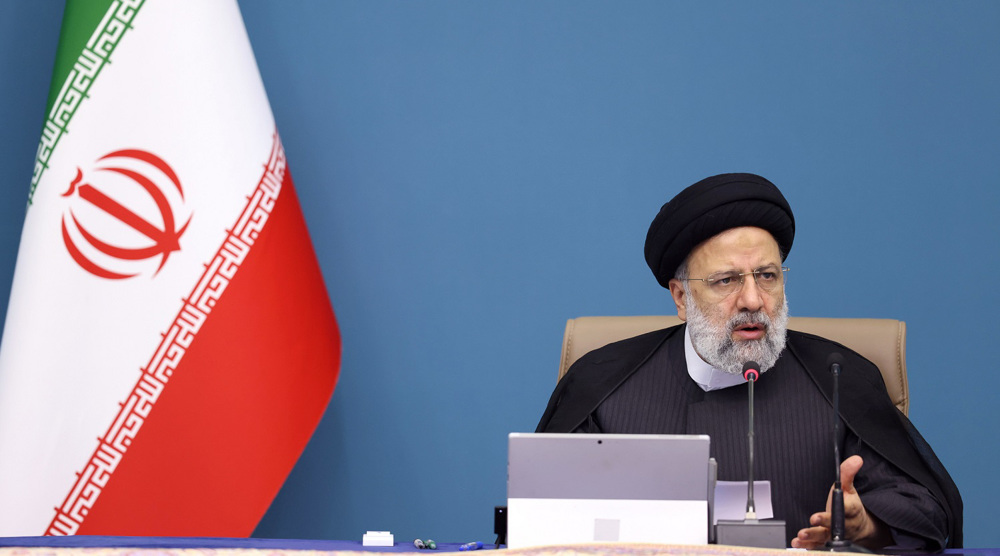
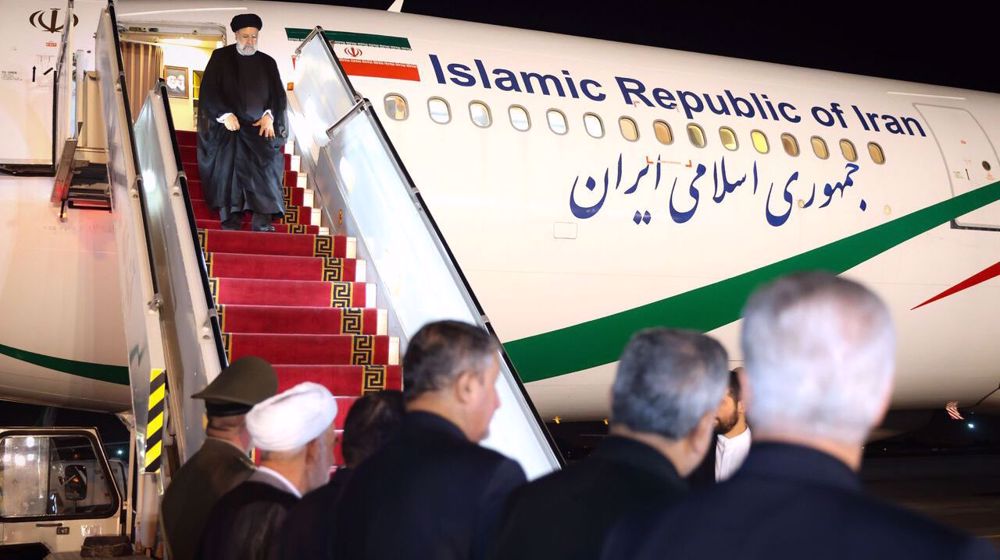
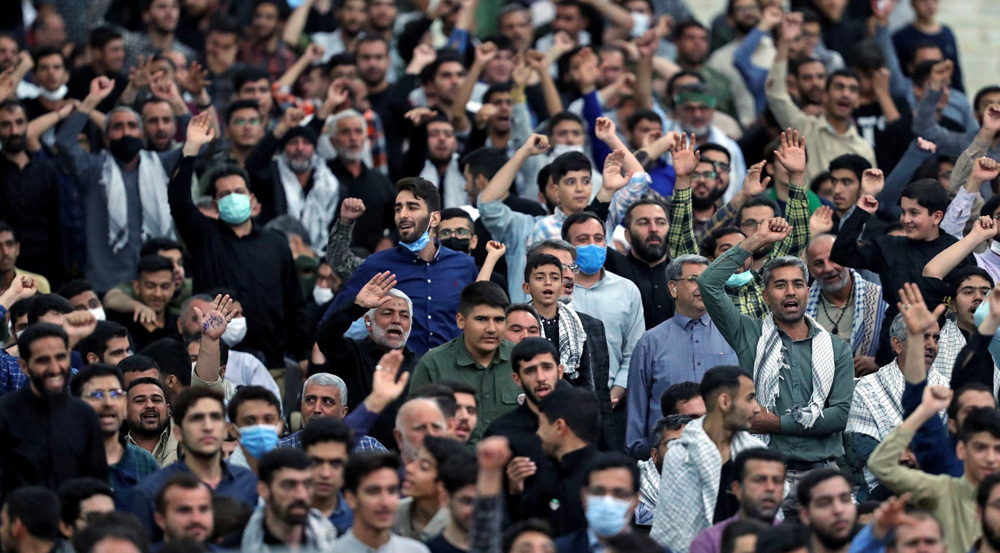
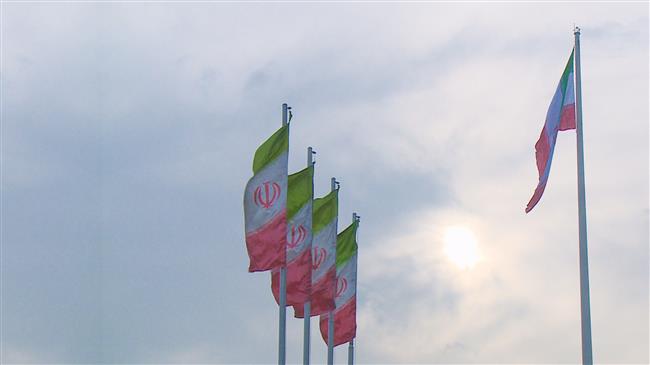
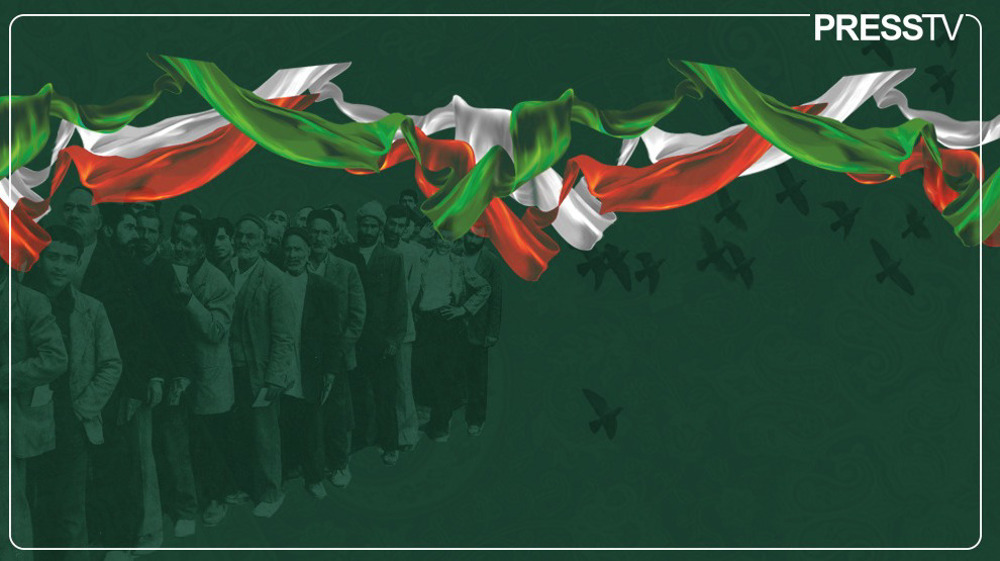

 This makes it easy to access the Press TV website
This makes it easy to access the Press TV website